Roe v Wade Reaction
The news that the US Supreme Court has overturned Roe v. Wade has divided opinion. Here is our first debate piece on the issue: we have two different views from two different young women about the issue.
Pro-Choice:
Olivia Lever is the director of Blue Beyond. You can follow her at @liv_lever on Twitter:
‘I feel very annoyed and frustrated. A woman should have the right to choose in the 2022, and the state should never have interference over a woman’s body – it is very similar to the vaccine debate, the state should have no say in what you do with your body. In a practical sense, sex education and social infrastructure in the States is very poor.
On a post note, there is no mention of social infrastructure being made better to help those that have to have babies not be struck down by the financial burden or making sure that these children don’t have less of a life than they should. The whole thing is so poorly thought out, plus the US is supposed to be secular. It’s the constitutional principle. We could lose same-sex marriage and gay marriage. It’s stupid to lose contraception seeing as it prevents abortion.’
Pro-Life:
@BeatriceSEM takes the opposite view:
‘Absolutely delighted and feeling pretty emotional. The number of babies who will now be given a chance at life is massive! I hope very much other countries follow suit!’

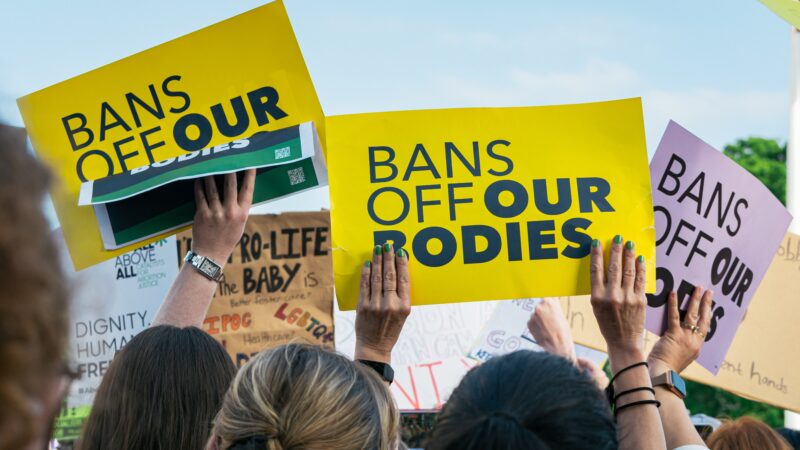
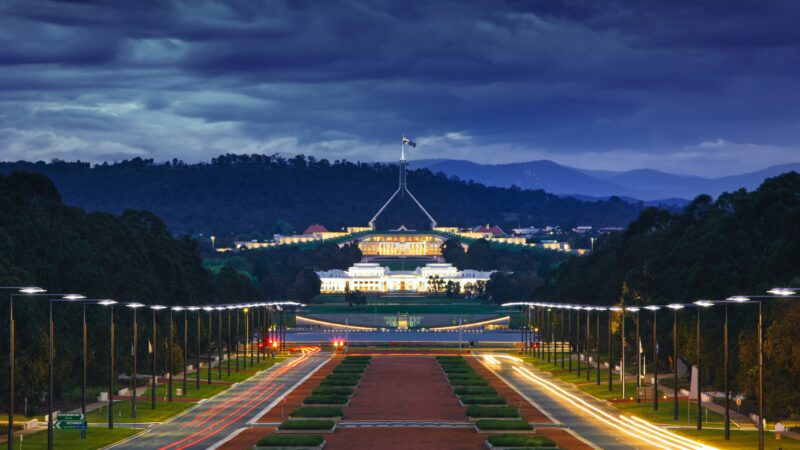
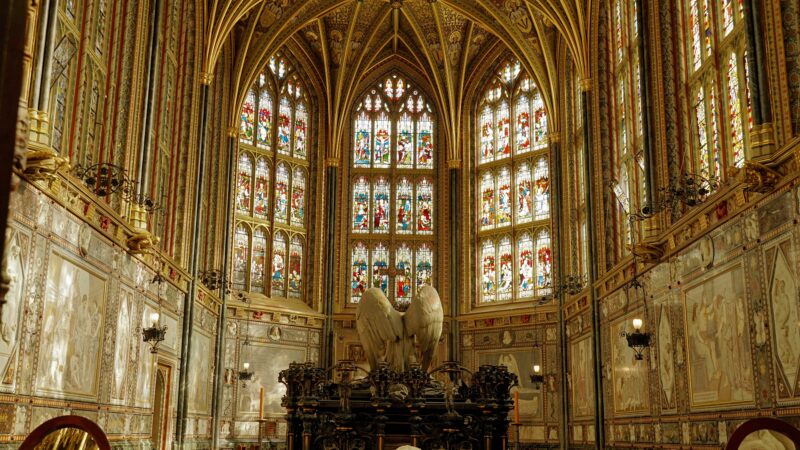



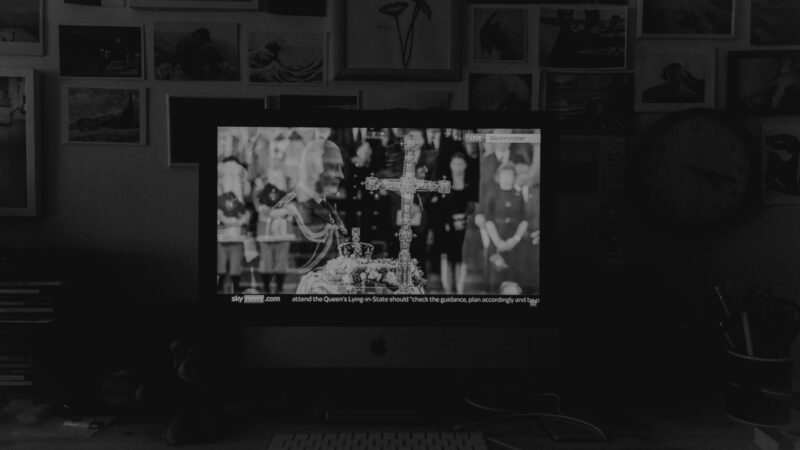
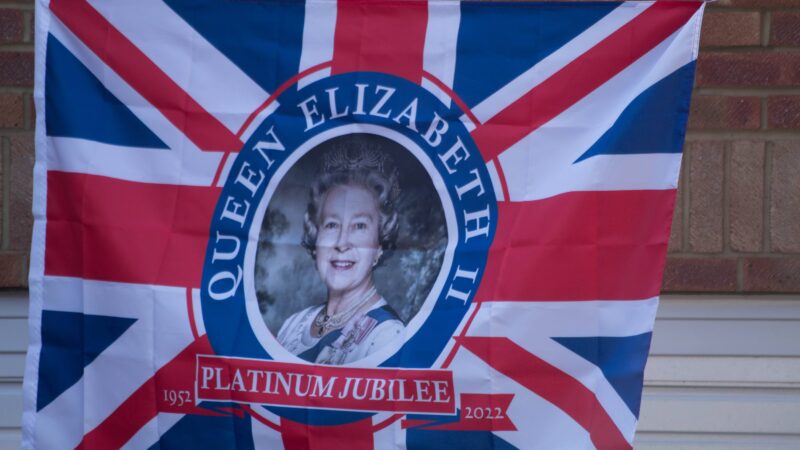
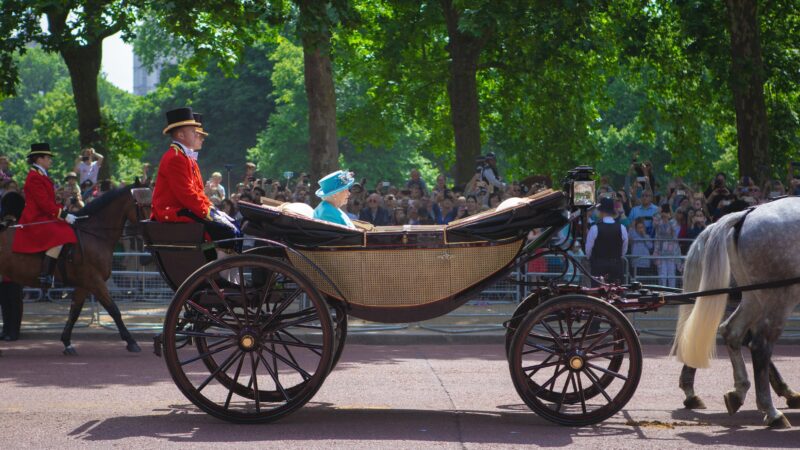
The Anglo-American Alliance: Neither Special Nor Subserviant
The ongoing crisis between Ukraine and Russia has once again put into the limelight the strong Anglo-American alliance in foreign affairs. Both the United Kingdom and United States have been resolute in their efforts to avert a crisis by diplomatic dialogue and agreement. Their rhetoric has also been aligned in telling Putin to back down and warning of a “barrage of sanctions” for Russia’s invasion of Ukrainian sovereign territory. These threats have been backed up by the severe sanctions imposed against individuals linked to Putin’s regime.
The alignment of actions by the US and the UK against Russian aggression has given credence to two different views about the nature of the Anglo-American alliance. First, that Britain is a lapdog doing everything that the greater power America tells them to do. Secondly, that the alliance is simply a restatement of the ‘special relationship’ between Britain and the United States because of shared values and principles. This dichotomous view of the Anglo-American alliance misses the Archimedean point; the Anglo-American alliance is contingent on shared domestic and foreign interests and the commonality of these interests is not eternal.
The Anglo-American alliance has a long history beginning with the ‘great reproachment’ (1895-1915), where both countries’ interests aligned leading to the alliance in the First World War. Despite the United States’ isolationism after the Great War, the Second World War brought the two countries together again in opposing Fascism and Communism leading to Winston Churchill’s in 1946 describing the alliance as the ‘special relationship.’
The ‘special relationship’ has seen the US and the UK standing side by side during the Cold War, Gulf War and the War on Terror. Hence, it shouldn’t be surprising that the US and UK have acted together and within the same foreign policy line during the Russia-Ukraine crisis. Furthermore, the level of intelligence, military and economic cooperation is unparalleled between major powers in the international sphere. The latest example of this cooperation is the security pact between Australia, the United Kingdom and the United States known as AUKUS in response to the growing power of China in South-East Asia.
This strong alliance between countries is also reflected in the strong relationship between US presidents and British prime ministers. The most notable example is the relationship between Ronald Reagan and Margaret Thatcher. Leaders who shared the same political and philosophical outlooks and had a common disdain for communism. Similarly, the ‘bromance’ between Tony Blair and George W. Bush particularly in relation to the Iraq War is reflective of how strong an alliance can be when both leaders get along. Simply being political soulmates, however, is not a necessary prerequisite for a strong relationship.
This strong relationship between countries and leaders has also resulted in accusations that Britain is America’s lapdog adopting policy positions to please the United States. Since the UK has usually followed American foreign policy positions.This is, once again, an overly simplistic view of British Foreign Policy. We only need to look into the modern history of the Anglo-American alliance to see these two countries disagreeing when their national interests are at loggerheads . For example, British and American interests collided in the 1956 Suez crisis when President Eisenhower forced Britain to back down in its intervention in Egypt, Harold Wilson’s refusal to send British troops to Vietnam, David Cameron’s approach to China and the US invasion of Grenada. These examples aren’t reflective of Britain’s lapdog status or a special relationship, but of a realistic relationship between two powers.
The Anglo-American alliance is strong because both countries share many interests, namely, security and free trade. Crucially it is also a pragmatic alliance, where both countries will not entirely agree on everything since foreign policy is directed at maximising the interests of the state. This maximisation of interests leads both countries to take the path that best suits their interest. If the UK’s and US’s interests coalesce or not this merely reflects the volatile nature of foreign affairs.
The alliance should not be viewed as a special relationship nor as an alliance where the lesser power unquestioningly follows the greater power. Understanding this is vital to demonstrating the alliance’s significance to the preservation of peace, security and economic prosperity domestically and internationally. Hence, the strong ties between the US and the UK will continue to be pivotal to coordinating the west’s response to the ongoing war in Ukraine. In short, The United States and the United Kingdom are partners, but it’s time to have a more realistic view of their relationship instead of categorising it as either special or subservient.
Ojel Rodríguez Burgos is a Policy Fellow of The Pinsker Centre, a campus-based think tank which facilitates discussion on global affairs and free speech. The views in this article are the author’s own.
Image Credit